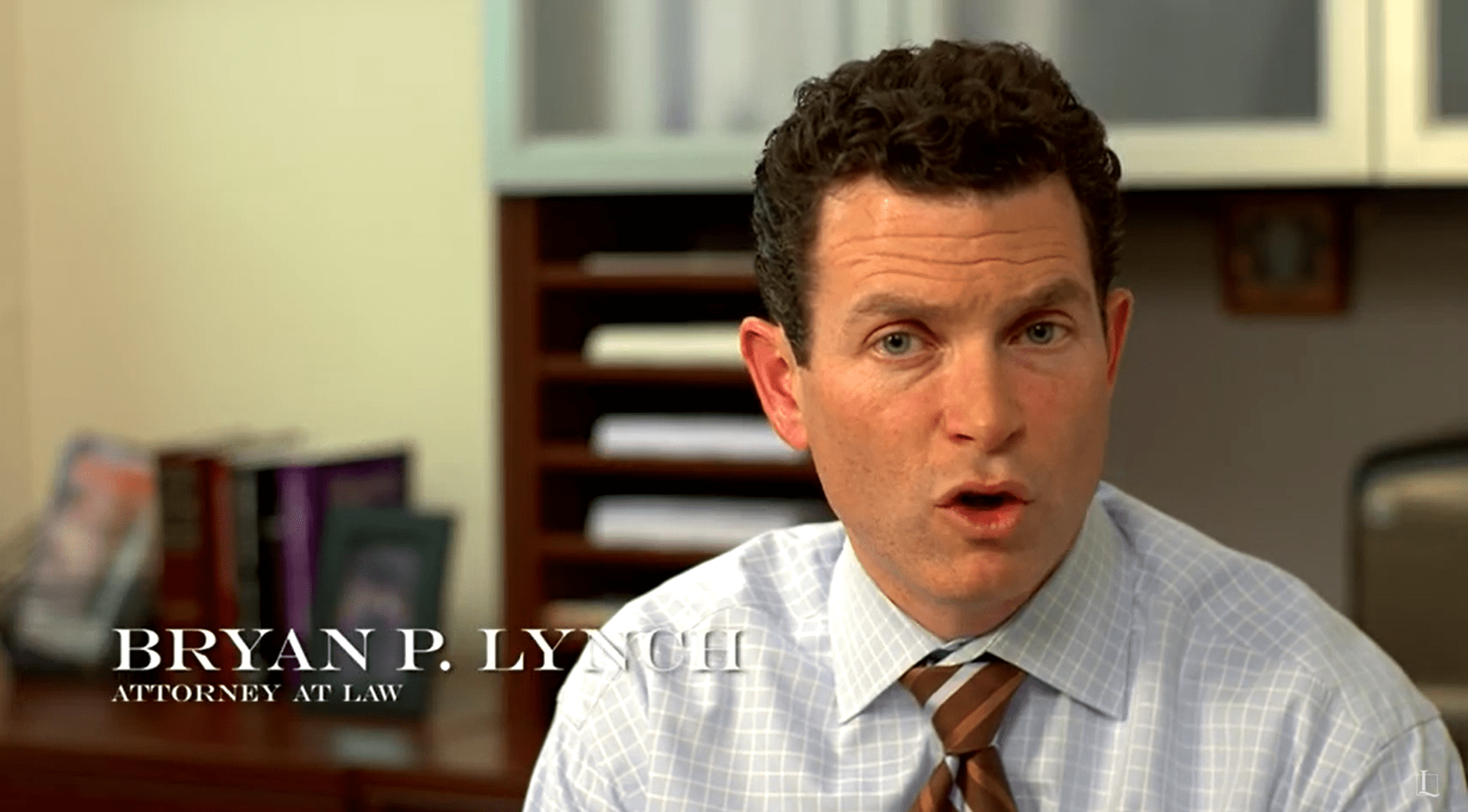Below are just some common questions when a property owner is faced with a condemnation matter. You can read our blog to learn more about the nuances of eminent domain and national news regarding eminent domain.
There are limited bases to challenge the government’s taking, and it can be expensive. The government must follow the law at each step in the process and if it does not then you might be able to prevent or delay the taking. However, due to the U.S. Supreme Court’s decision in Kelo v. City of New London, 545 U.S. 469 (2005), the government has very broad authority to take private property for a public purpose, including taking private property and selling it to a private party for increased tax revenue.
We routinely and very successfully challenge the government’s offer of compensation. Your ability to challenge the government’s offer is best accomplished through the court process and through an attorney experienced in the practice field of condemnation.
You may have read a line item in your appraisal offer labeled as “Damage to the Remainder,” and more often than not, the government’s appraiser has allocated little or zero compensation under this category. “Damage to the remainder” is a phrase for the loss in value of your property not taken due to the government’s taking. Damages may include the road being closer, impaired circulation, lost parking, relocation of signage, zoning nonconformities, and many other issues. The government must pay you for damages to the remainder, though they often do not accurately identify these damages.
The 60-Day Notice is a statutory required letter a state agency, such as IDOT or the Tollway, must provide property owners which states that after 60 days, it can file a condemnation lawsuit. When you receive this Notice, you will already have received the State’s offer. The Notice is an important legal step in the process, but it should not be viewed as a negative.
The Quick-Take is an important court hearing where a judge hears testimony and evidence and then sets the preliminary (not final) amount that the condemnor must pay. The government agency must pay that amount, and after it does, it can immediately obtain title to and use your property. It is very important to prepare for your Quick-Take to receive proper payment and to protect your investment.
No, the government cannot pay you less because you exercised your constitutional right to seek proper compensation.
There is no flat amount you should expect to pay, as each case is different. However, the Law Office of Bryan P. Lynch, P.C. only charges a contingent fee, which is a percentage based only upon the increase in the amount of compensation secured for you.
The government must pay for the property it takes. It can only legally take your property one of two ways: (1) you agree, accept the low offer, and sign the paperwork they provide, or (2) the court enters an order setting the amount of compensation and the government pays the ordered amount.

If you have more questions not addressed here, contact us or call 312-573-2727 for a free consultation or more information.
